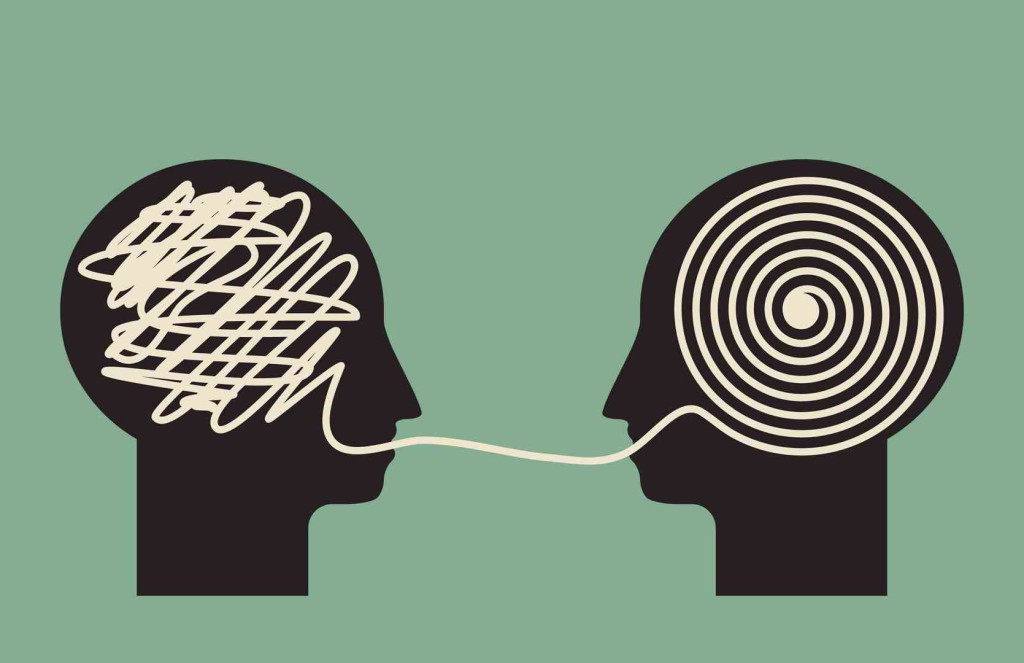Enabling vs Empowering Behavior
When discussing ways to support personal and professional growth, two approaches often come into play: enabling and empowering. Both methods aim to help individuals and groups overcome challenges but work differently. Understanding these differences is key to choosing the right method for each situation. Enabling typically means offering immediate help that removes obstacles right away. … Read more

